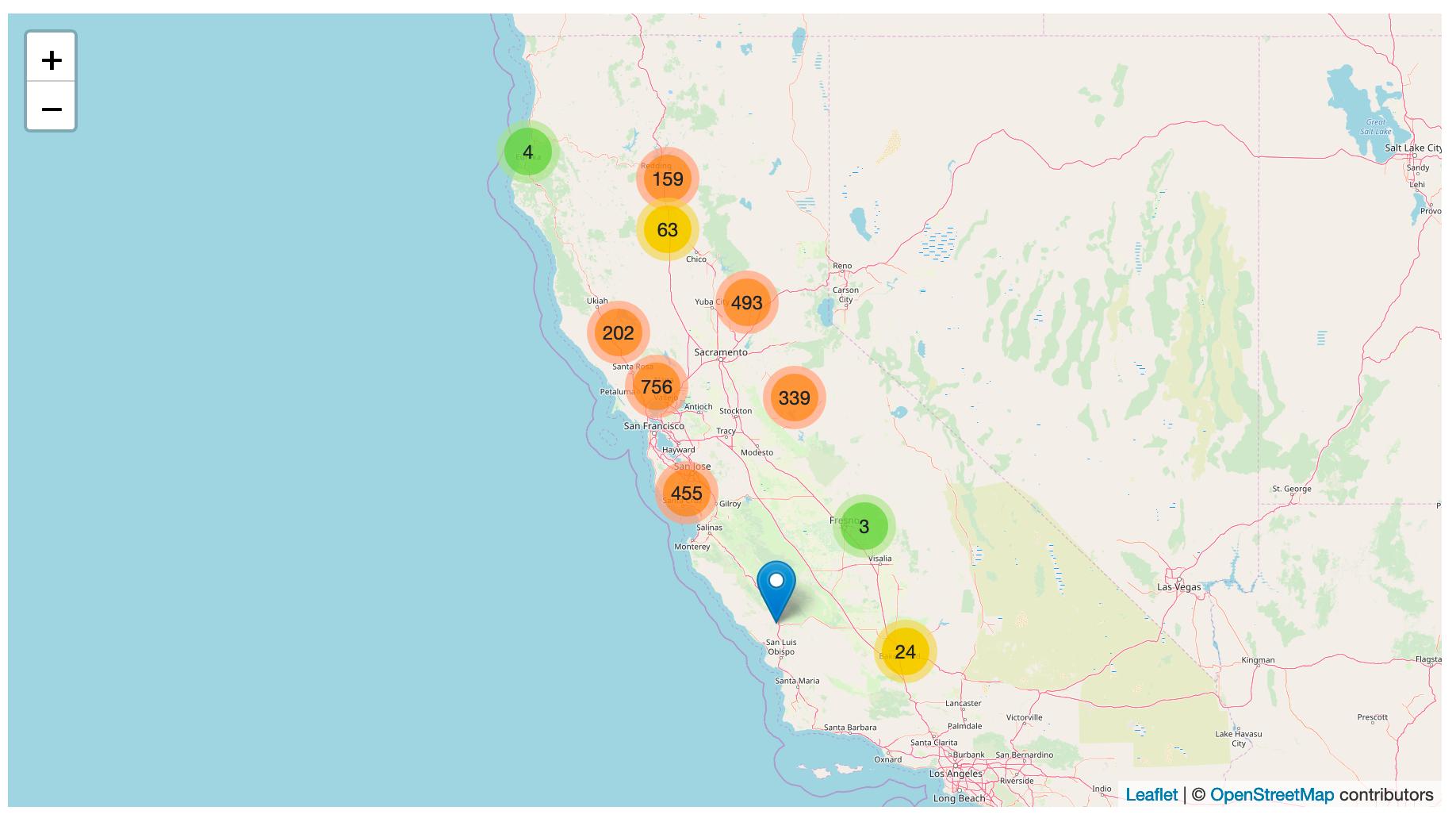October 2019
58 posts: 5 entries, 15 links, 38 beats
Oct. 3, 2019
SQL queries don’t start with SELECT. This is really useful. Understanding that SELECT (and associated window functions) happen after the WHERE, GROUP BY and HAVING helps explain why you can’t filter a query based on the results of a window function for example.
Oct. 4, 2019
NGINX: Authentication Based on Subrequest Result (via) TIL about this neat feature of NGINX: you can use the auth_request directive to cause NGINX to make an HTTP subrequest to a separate authentication server for each incoming HTTP request. The authentication server can see the cookies on the incoming request and tell NGINX if it should fulfill the parent request (via a 2xx status code) or if it should be denied (by returning a 401 or 403). This means you can run NGINX as an authenticating proxy in front of any HTTP application and roll your own custom authentication code as a simple webhook-recieving endpoint.
Oct. 5, 2019
Client-Side Certificate Authentication with nginx. I’m intrigued by client-side browser certificates, which allow you to lock down a website such that only browsers with a specific certificate installed can access them. They work on both laptops and mobile phones. I followed the steps in this tutorial and managed to get an nginx instance running which only allows connections from my personal laptop and iPhone.
Get your own Pocket OAuth token (via) I hate it when APIs make you jump through extensive hoops just to get an access token for pulling data directly from your own personal account. I’ve been playing with the Pocket API today and it has a pretty complex OAuth flow, so I built a tiny Flask app on Glitch which helps go through the steps to get an API token for your own personal Pocket account.
Oct. 6, 2019
Streamlit: Turn Python Scripts into Beautiful ML Tools (via) A really interesting new tool / application development framework. Streamlit is designed to help machine learning engineers build usable web frontends for their work. It does this by providing a simple, productive Python environment which lets you declaratively build up a sort-of Notebook style interface for your code. It includes the ability to insert a DataFrame, geospatial map rendering, chart or image into the application with a single Python function call. It’s hard to describe how it works, but the tutorial and demo worked really well for me: “pip install streamlit” and then “streamlit hello” to get a full-featured demo in a browser, then you can run through the tutorial to start building a real interactive application in a few dozen lines of code.
twitter-to-sqlite 0.6, with track and follow. I shipped a new release of my twitter-to-sqlite command-line tool this evening. It now includes experimental features for subscribing to the Twitter streaming API: you can track keywords or follow users and matching Tweets will be written to a SQLite database in real-time as they come in through the API. Since Datasette supports mutable databases now you can run Datasette against the database and run queries against the tweets as they are inserted into the tables.
Oct. 7, 2019
Weeknotes: Dogsheep
Having figured out my Stanford schedule, this week I started getting back into the habit of writing some code.
[... 1,367 words]SQL Murder Mystery in Datasette (via) “A crime has taken place and the detective needs your help. The detective gave you the crime scene report, but you somehow lost it. You vaguely remember that the crime was a murder that occurred sometime on Jan.15, 2018 and that it took place in SQL City. Start by retrieving the corresponding crime scene report from the police department’s database.”—Really fun game to help exercise your skills with SQL by the NU Knight Lab. I loaded their SQLite database into Datasette so you can play in your browser.
Oct. 10, 2019
Tracking PG&E outages by scraping to a git repo
PG&E have cut off power to several million people in northern California, supposedly as a precaution against wildfires.
[... 868 words]Oct. 11, 2019
Oct. 13, 2019
Oct. 14, 2019
goodreads-to-sqlite (via) This is so cool! Tobias Kunze built a Python CLI tool to import your Goodreads data into a SQLite database, inspired by github-to-sqlite and my various other Dogsheep tools. It’s the first Dogsheep style tool I’ve seen that wasn’t built by me—and Tobias’ write-up includes some neat examples of queries you can run against your Goodreads data. I’ve now started using Goodreads and I’m importing my books into my own private Dogsheep Datasette instance.
Weeknotes: PG&E outages, and Open Source works!
My big focus this week was the PG&E outages project. I’m really pleased with how this turned out: the San Francisco Chronicle used data from it for their excellent PG&E outage interactive (mixing in data on wind conditions) and it earned a bunch of interest on Twitter and some discussion on Hacker News.
[... 452 words]μPlot (via) “An exceptionally fast, tiny time series chart. [...] from a cold start it can create an interactive chart containing 150,000 data points in 40ms. [...] at < 10 KB, it’s likely the smallest and fastest time series plotter that doesn’t make use of WebGL shaders or WASM”
Oct. 15, 2019
Oct. 16, 2019
2018 Central Park Squirrel Census in Datasette (via) The Squirrel Census project released their data! 3,000 squirrel observations in Central Park, each with fur color and latitude and longitude and behavioral observations. I love this data so much. I’ve loaded it into a Datasette running on Glitch.
